Dean’s Message
Welcome to the Faculty of Science and Agriculture at the University of Fort Hare! We are thrilled to support you in achieving your academic goals and personal growth. Our faculty comprises 6 departments across agriculture and sciences, including unique programs like Marine Sciences, Dairy Sciences & Technology, and South Africa’s only Geographical Information Systems & Remote Sensing program. With national recognition for research in areas like sustainable agriculture, renewable energy, water research, and biostatistics, our faculty is dedicated to equipping students with cutting-edge knowledge and entrepreneurial skills to thrive in the job market and beyond. Enjoy your time with us, and let’s work together to make a positive impact on South Africa and the world. Best wishes for a successful and fulfilling journey at UFH!
Room No. 015,
Ground Floor,
Agriculture Building,
Alice Campus
Tel: +27 40 602 2847
E-mail: lsibali@ufh.ac.za

About Science & Agriculture
Explore Science, Impact the Earth and Grow Agriculture
If Science and Agriculture ignite your curiosity, welcome to your new academic home! The Faculty of Science and Agriculture at the University of Fort Hare (UFH) is a vibrant epicentre of innovation and excellence. Our Faculty goes beyond academic success; it involves building solid relationships with industry experts, public collaborators, and academic colleagues worldwide.
As a student interested in studying science or agriculture at UFH, you can choose between 14 different departments with programmes that provide a fully comprehensive education in each extensive field. Don’t just stop after your undergraduate degree; expand your expertise and impact with our postgraduate programs.
Studying at the Department of Science and Agriculture has many advantages for students, not least of which is our emphasis on cutting-edge Research, hands-on involvement and practical skills which give you the upper hand in your career.
Please review our prospectus, which contains all the information you need to choose the study direction that best suits you. We are excited to hear from you, answer your questions, and help you throughout the enrolment process.
Qualifications
- A-Z
- Z-A
- Title
BACHELOR OF SCIENCE IN AGRICULTURE IN ANIMAL PRODUCTION
A Bachelor of Science in Agriculture in animal production provides expertise in genetics, nutrition, and livestock health to enhance sustainable and efficient farming. Graduates contribute to addressing global challenges like food security and advancing animal welfare, playing a vital role in optimizing production systems.
BACHELOR OF SCIENCE AGRICULTURE IN HORTICULTURE SCIENCE
A Bachelor of Science in Agriculture in Horticulture Science provides expertise in plant cultivation, breeding, and landscape management, enabling graduates to enhance crop quality, sustainability, and aesthetic value. This qualification supports innovation in food production and environmental conservation.
BACHELOR OF SCIENCE AGRICULTURE IN SOIL SCIENCE
A Bachelor of Science in Agriculture in Soil Science offers expertise in soil management, fertility, and conservation, crucial for enhancing crop production and environmental sustainability. Graduates contribute to improving soil health, supporting sustainable agriculture, and addressing global challenges in food security.
BACHELOR OF SCIENCE AGRICULTURE IN AGRICULTURAL ECONOMICS
A Bachelor of Science in Agriculture in Agricultural Economics provides expertise in the economic principles governing agricultural markets, policy, and resource management. Graduates are equipped to analyze and address economic challenges in the agriculture sector, promoting efficiency, sustainability, and growth.
BACHELOR OF SCIENCE AGRICULTURE IN LIVESTOCK AND PASTURE
A Bachelor of Science Agriculture in Livestock and Pasture focuses on animal science and sustainable pasture management. It enhances understanding of livestock health, nutrition, and environmental balance. This degree equips individuals to address challenges in animal agriculture and resource use.
BACHELOR OF SCIENCE AGRICULTURE IN ANIMAL PRODUCTION
A Bachelor of Science in Agriculture in Animal Production provides a strong foundation in animal genetics, nutrition, and health, helping to optimize livestock farming for improved productivity and sustainability. Graduates contribute to advancing food security, animal welfare, and the efficiency of agricultural systems.
BACHELOR OF SCIENCE AGRICULTURE IN CROP SCIENCE
A Bachelor of Science in Agriculture in Crop Science equips students with knowledge of plant genetics, soil science, and crop management, enabling them to improve agricultural productivity and sustainability. Graduates play a vital role in addressing global food security and advancing modern farming practices.
BACHELOR OF SCIENCE AGRICULTURE IN HORTICULTURE
A Bachelor of Science in Agriculture in Horticulture Science provides expertise in plant cultivation, breeding, and landscape management, enabling graduates to enhance crop quality, sustainability, and aesthetic value. This qualification supports innovation in food production and environmental conservation.
BACHELOR OF SCIENCE AGRICULTURE IN SOIL SCIENCE
A Bachelor of Science in Agriculture in Soil Science offers expertise in soil management, fertility, and conservation, crucial for enhancing crop production and environmental sustainability. Graduates contribute to improving soil health, supporting sustainable agriculture, and addressing global challenges in food security.
BACHELOR OF SCIENCE AGRICULTURE IN AGRICULTURAL ECONOMICS
A Bachelor of Science in Agriculture in Agricultural Economics provides expertise in the economic principles governing agricultural markets, policy, and resource management. Graduates are equipped to analyze and address economic challenges in the agriculture sector, promoting efficiency, sustainability, and growth.
Page 1 of 13
Departments
Department of Agronomy
Understand how to Manage and Improve Agriculture
Are you interested in agricultural engineering and its impact on crop production, genetics and plant breeding, horticulture, plant protection and soil science? If you are, explore our diverse program in the science of Agronomy.
A degree in Agronomy provides students with an education in the critical yet complex science of using physics, biology, and technology to ensure the sustainable production of food and fibre crops under rain-fed conditions or with irrigation.
Topics you will learn about include cultivating and using plants for food, fuel, fibre, and land rehabilitation. Other specialist areas you covered in this line of study are the quality and quantity of food crops by employing practices like plant breeding, soil management, and plant physiology research.
To find out more, contact the Department of Science and Agriculture. We will be more than happy to provide additional information and guide you through the enrolment process.
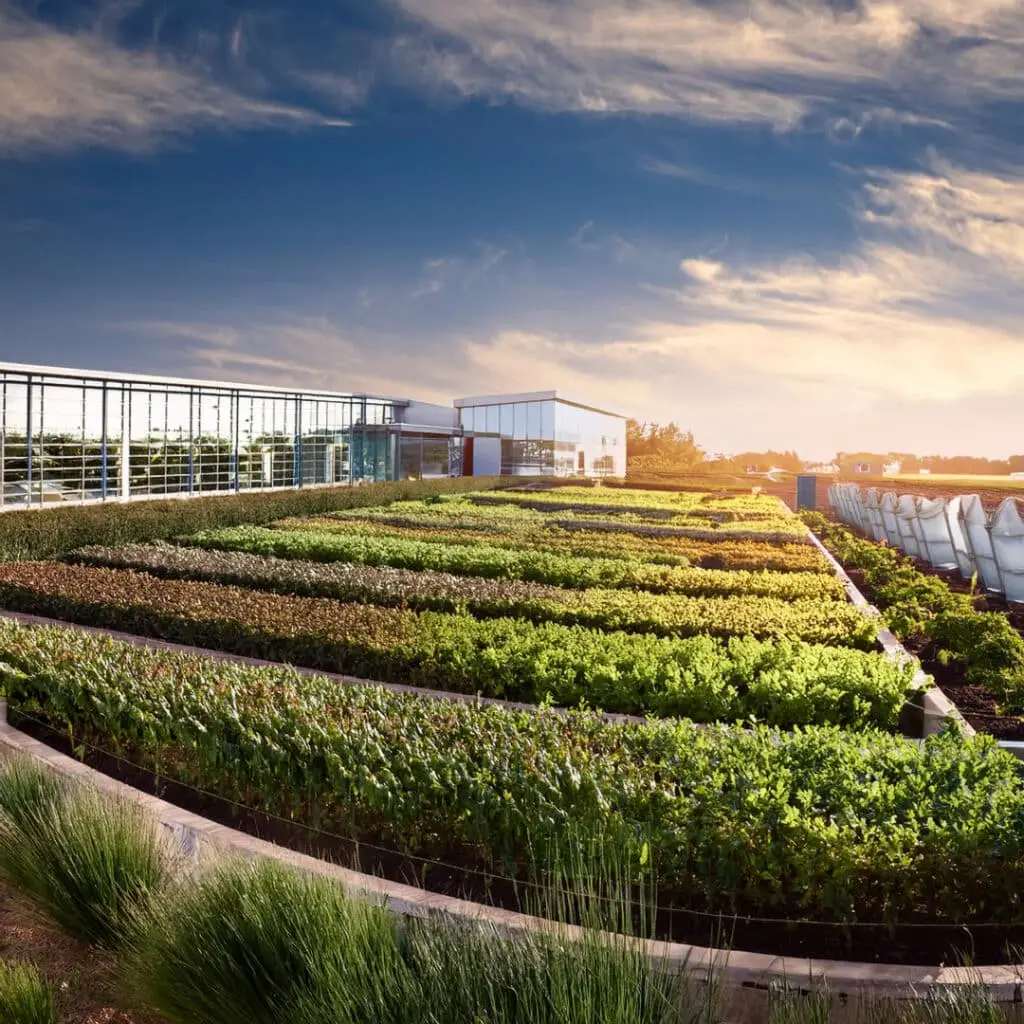
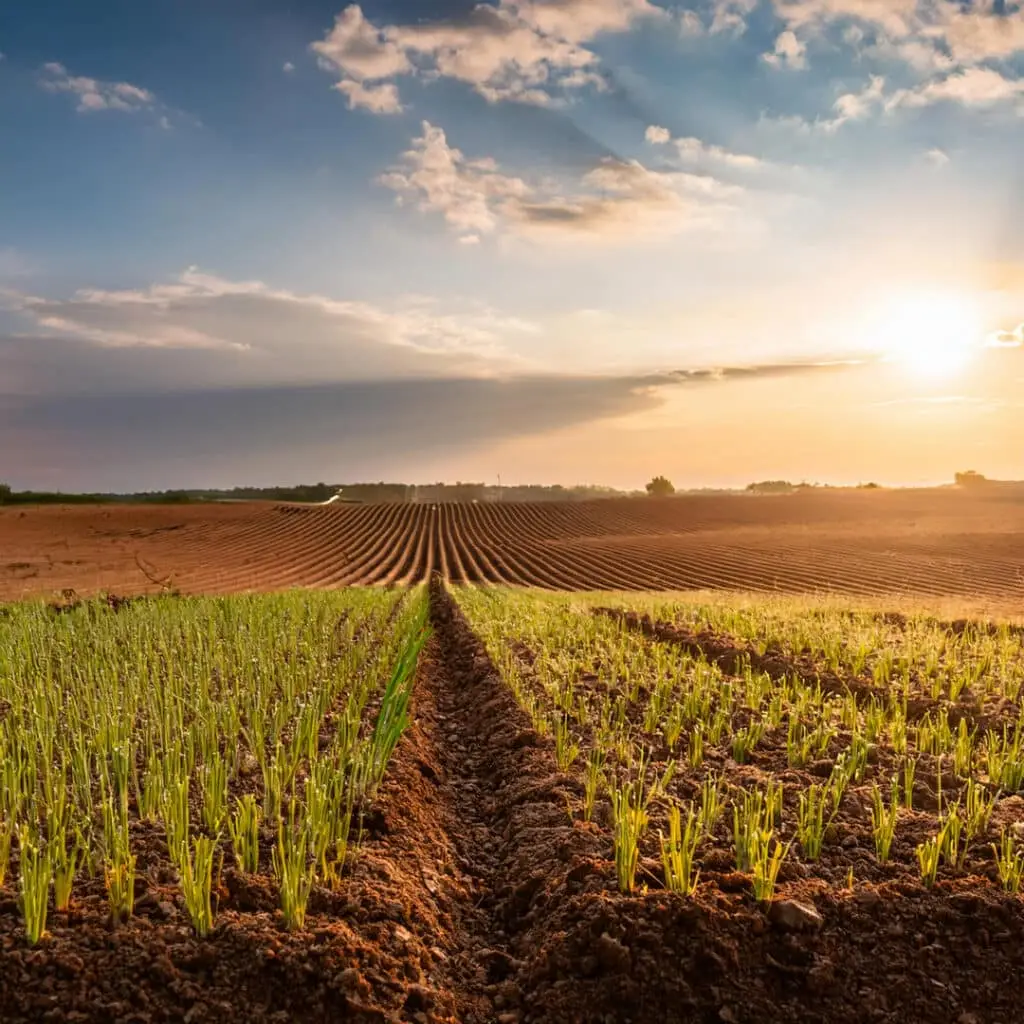
Department of Agriculture Economic, Extension & Agribusines
Unearth the Impact of Agriculture on the Economy
Explore the dynamic agricultural economics and extension field, where practical solutions meet real-world challenges!
We are committed to providing a sound education that combines a unique blend of teaching and research to tackle poverty, food insecurity and the challenges that large- and small-scale farmers face.
We also examine agriculture extension in depth, using insights from rural sociology and development communication to effectively boost human capital development in agriculture.
Take a deep dive into local and national economics while keeping an eye on the broader global landscape. Join us in shaping a sustainable future where agriculture thrives and communities flourish!
Department of Biotechnology & Biological Sciences
Innovating Life Sciences for a Better Future
The Department of Biotechnology and Biological Sciences at the University of Fort Hare offers an exciting blend of disciplines that shape our understanding of life and its practical applications.
Covering fields such as Biochemistry, Microbiology, Botany, Zoology, and Entomology, students explore the intricate interactions among living organisms, from microbes to animals, and their impact on health, industry, agriculture, and the environment.
Biochemistry bridges physical and life sciences, working with areas like Molecular Biology, Genetics, and Physiology to solve pressing challenges in medicine, nutrition, and sustainability.
Microbiology delves into the vital role of microorganisms in both health and industry, revealing how they contribute to processes that enhance human welfare.
Botany examines the structure, function, and diversity of plants, highlighting their essential roles in ecosystems, agriculture, and biotechnology. From understanding plant adaptation and resilience to harnessing their potential for food security and medicinal advances, this field bridges fundamental science with real-world applications.
Zoology and Entomology provide insights into animal behavior, ecology, and conservation, with specialized studies in anatomy, aquatic biology, and environmental preservation.
With hands-on research and interdisciplinary learning, graduates are equipped to make significant contributions across diverse fields in science and industry, driving innovations that benefit society and the natural world.
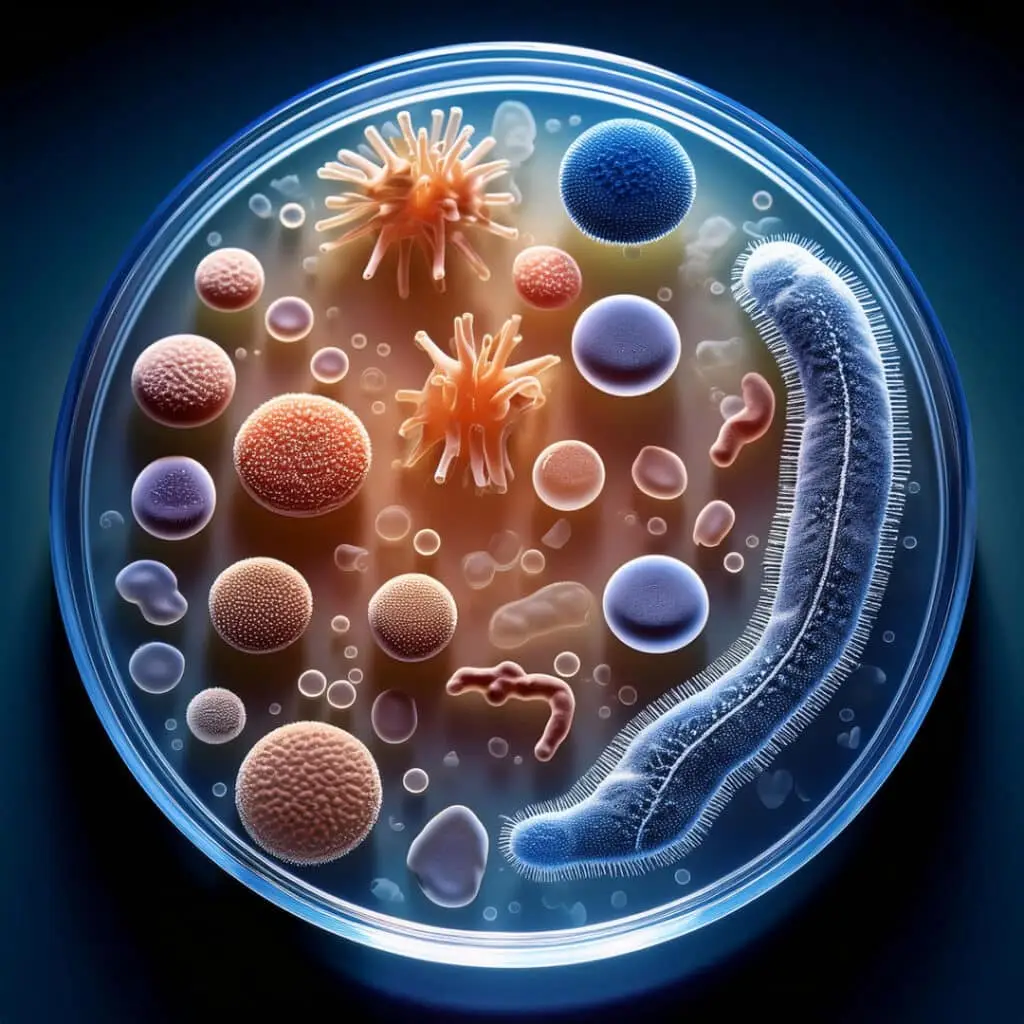

Department of Computational Sciences
Advancing Knowledge and Innovation in Computational Sciences
The Department of Computational Science at the University of Fort Hare offers a robust, interdisciplinary education across Physics, Mathematics, Statistics, and Computer Science.
Physics students gain a deep understanding of natural phenomena, engaging in research that spans mechanics, thermodynamics, electricity, optics, and quantum mechanics.
Mathematics courses cover foundational, applied, and advanced topics, with an emphasis on international standards to prepare students for global competitiveness.
In Statistics, students build essential analytical skills in Mathematical, Applied Maths, and Biostatistics, equipping them to make data-driven decisions and solve real-world challenges.
Computer Science rounds out the program by providing knowledge in algorithms, programming, and data structures, empowering students to excel in today’s technology-driven world.
This department is dedicated to producing graduates with the theoretical understanding and practical skills needed to lead in academia, industry, and research.
Department of Chemical and Earth Sciences
Exploring Chemistry, Earth Sciences, and Environmental Impact
The Department of Chemical and Earth Sciences at the University of Fort Hare offers a comprehensive education across Chemistry, Remote Sensing, GIS, Geography, and Geology.
As one of the university’s oldest departments, Chemistry provides a rigorous curriculum from undergraduate to doctoral levels, emphasising hands-on research in Analytical, Inorganic, Physical, and Organic Chemistry.
In Earth Sciences, students gain expertise in the fast-evolving fields of Remote Sensing (RS) and Geographic Information Systems (GIS), learning practical skills to lead projects and make data-driven decisions for environmental and rural development.
The Geography programme expands on this by exploring human impact on the planet, including sustainable development and resource management.
The Geology division equips students specialised training in Geophysics, Geochemistry, and Engineering Geology, supported by immersive field experiences across South African landscapes.
This diverse department empowers graduates with a world-class education, preparing them for impactful careers in science, industry, research, and environmental management.

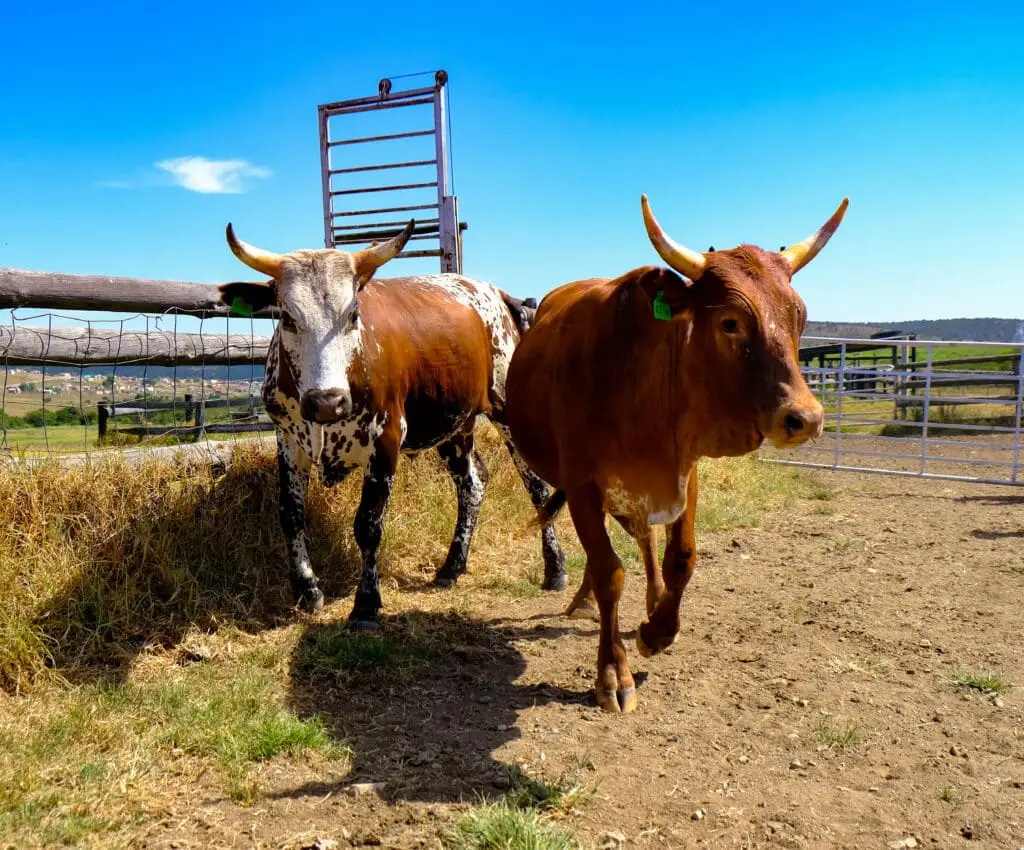
Department of Animal & Pasture Sciences
Shape the Future of Farming by Studying Animals and Pastures
Although Animal Science is a specialised field, it is a necessary education for breeding, farming, and farm animal production. In fact, a BSc in Animal Science covers every aspect of farm animal production. Our holistic approach goes beyond animal care to encompass grazing pastures and general health.
The distinctive Pasture Science segment offered by the Department covers the sustainable management of natural and cultivated pastures in depth. It gives special attention to nurturing free-ranging livestock, including game animals, in their natural habitats. This enhances the animals’ well-being and contributes significantly to the country’s economy through eco-tourism.
Enrol and join us in shaping a more environmentally friendly and sustainable future in agriculture.
Faculty Resources
Resources and Support Services
Explore the opportunities that await at our university by downloading our latest prospectus. Packed with detailed program offerings, campus life insights, and the resources available to support your journey, this guide is your first step toward academic and personal success. Start planning your future with us today!
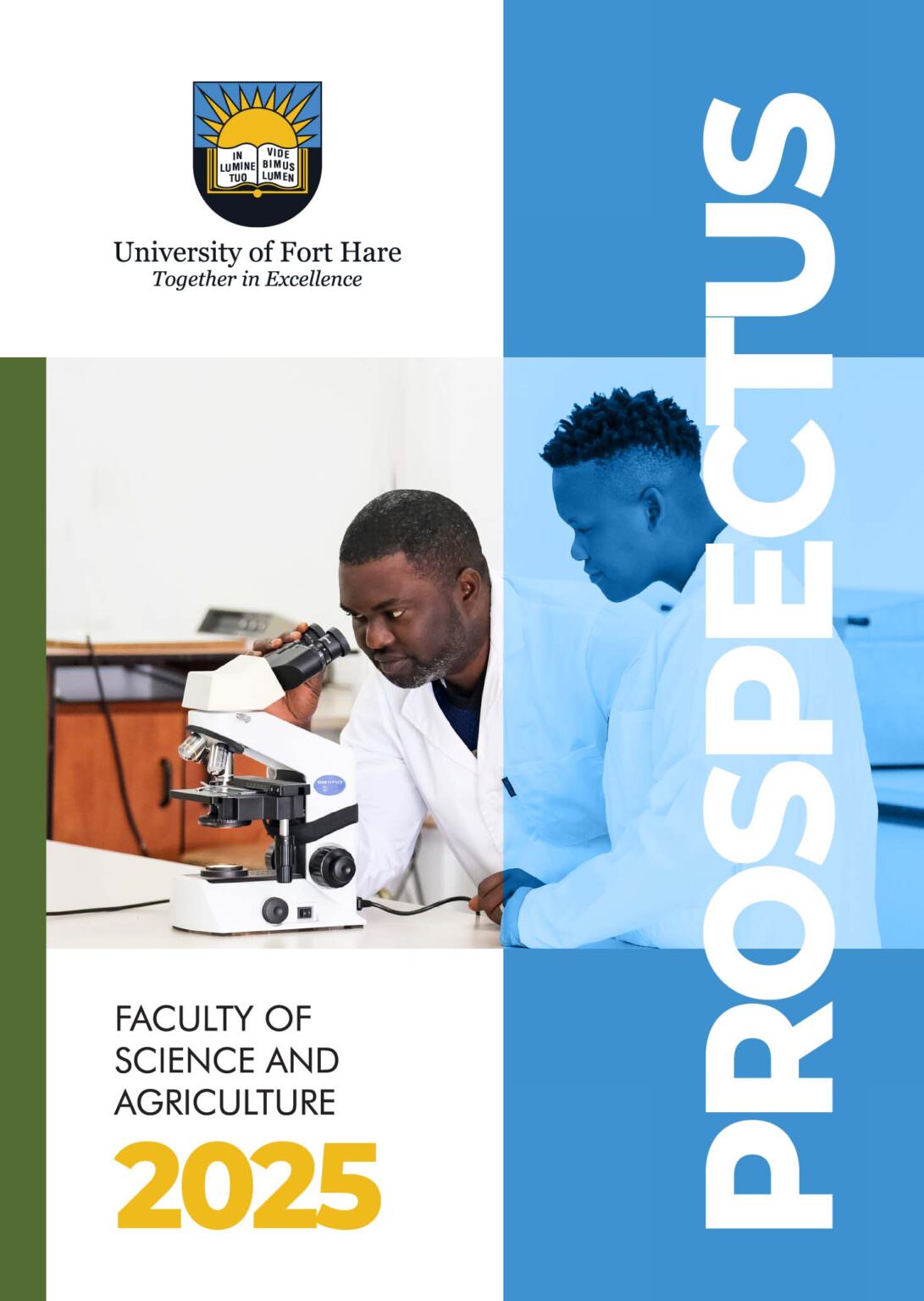
Knowledge Production
Research News
The reliability of health monitoring technologies is something many people...
The scarcity of research on animals raised on feedlots combined...
Latest News
Young UFH Chemistry Scholar, Dr Nqombolo, Honoured with NRF 2025 Early Career/Emerging Researchers Award
Dr Azile Nqombolo, a Chemistry lecturer in the Department of Chemical and Earth Sciences at...
Young UFH Academic Pioneers Change in Agriculture, STEM, and Entrepreneurship
Ms Ntokozo Happy Msiza, a Lecturer in the Department of Animal and Pasture Sciences at...
UFH Animal Science Trio Triumphs at National SASAS Debate
A team of three students from the University of Fort Hare’s (UFH) Department of Animal...
Dr Scott’s Research Addresses Critical Gaps in Health Technology
The reliability of health monitoring technologies is something many people trust, but few ever question....
Cleaner Waters, Safer Ecosystems – Prof Omobola Okoh’s NRF C2 Rating Powers Her Mission to Tackle Water Pollution
Years of commitment and passion for addressing critical environmental challenges through her research on chemical...
DIPLOMICS strengthens UFH’s Patho-Biocatalysis lab with state-of-the-art equipment
On March 27th, the University of Fort Hare’s (UFH) Patho-Biocatalysis Group (PBG) and the Infectious...
Prof Gwavava delivers 38th Professorial Inaugural Lecture
Prof Oswald Gwavava, an esteemed academic and expert in geophysics at the University of Fort...
UFH and DRDAR Study Reveals Impact of Feedlot vs. Pasture Rearing on Parasitic Infections in Cattle
The scarcity of research on animals raised on feedlots combined with the need for greater...
UFH Horticulture Powerhouse Awarded Thuthuka Grant Award
Dr Hildegard Witbooi-Masayiti, a Lecturer and Faculty Research Higher Degrees Committee (FRHDC) member in the...
Innovative Research on Livestock, Climate Change, and Rangeland Management earns UFH Young Researcher an NRF Y Rating
Among the brilliant emerging scholars at the University of Fort Hare (UFH), Dr Mhlangabezi Slayi...
Think UFH is right for you?
Start your journey.
Calendar
Events & Announcements
Discover Our World
Faculty in Pictures
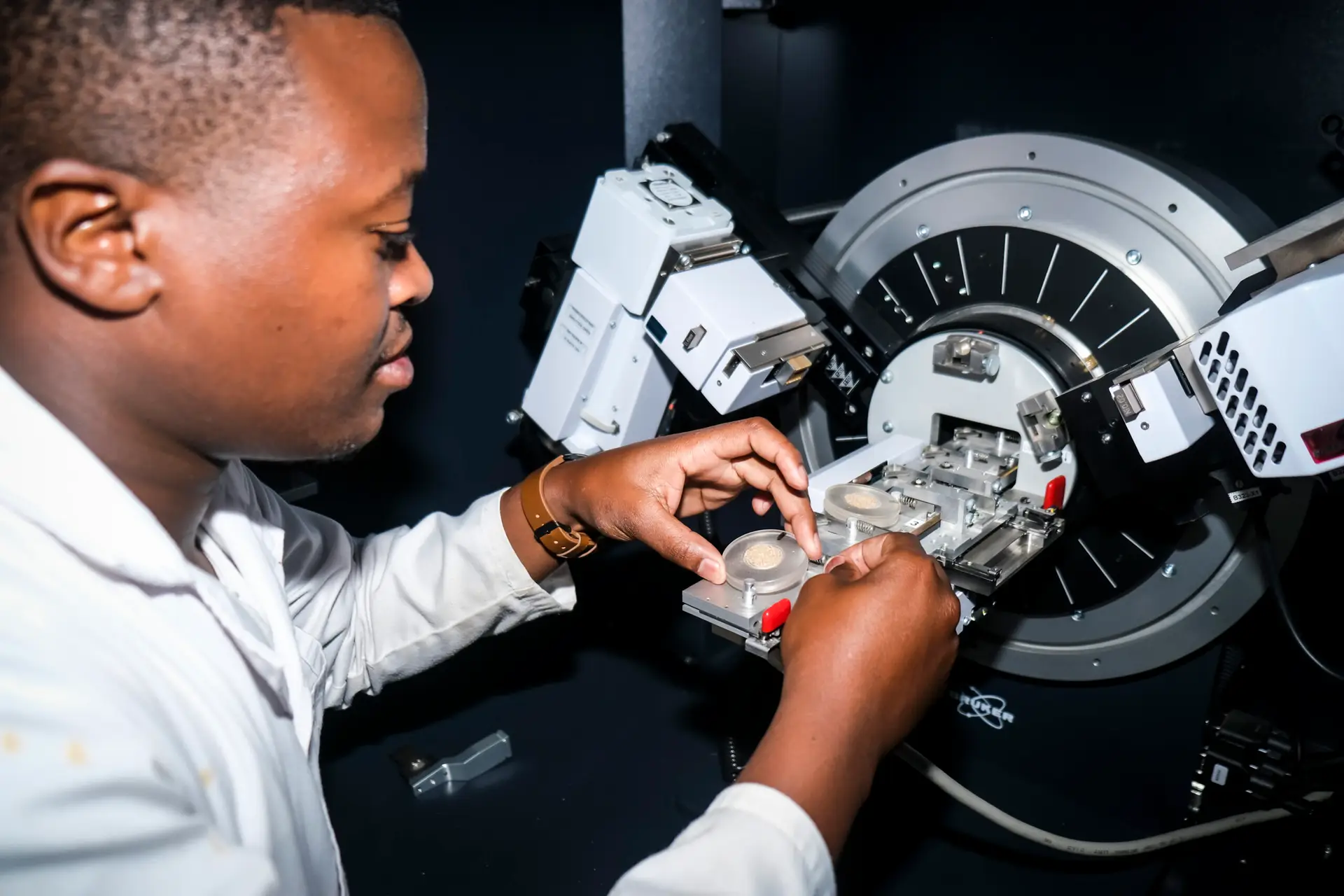
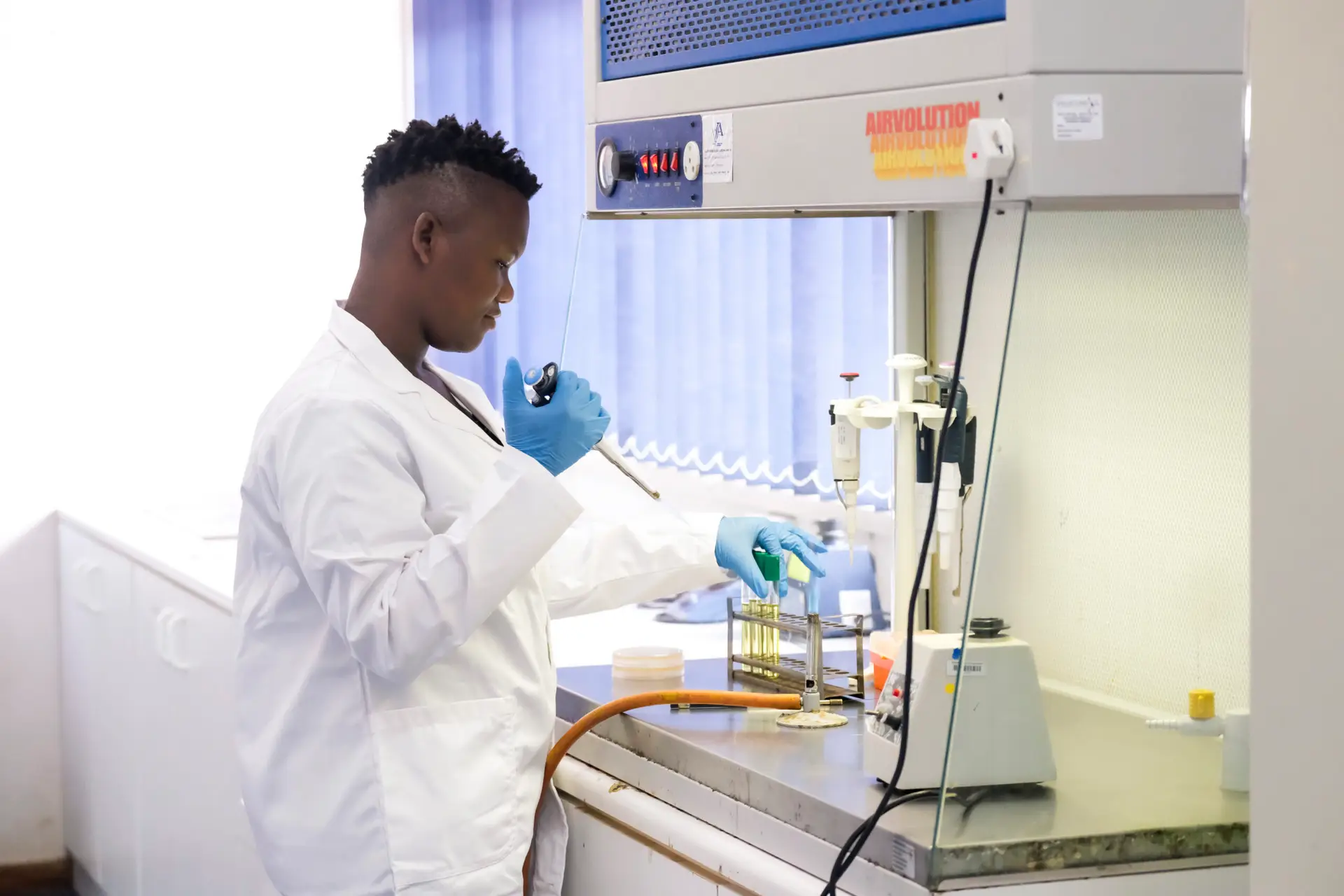
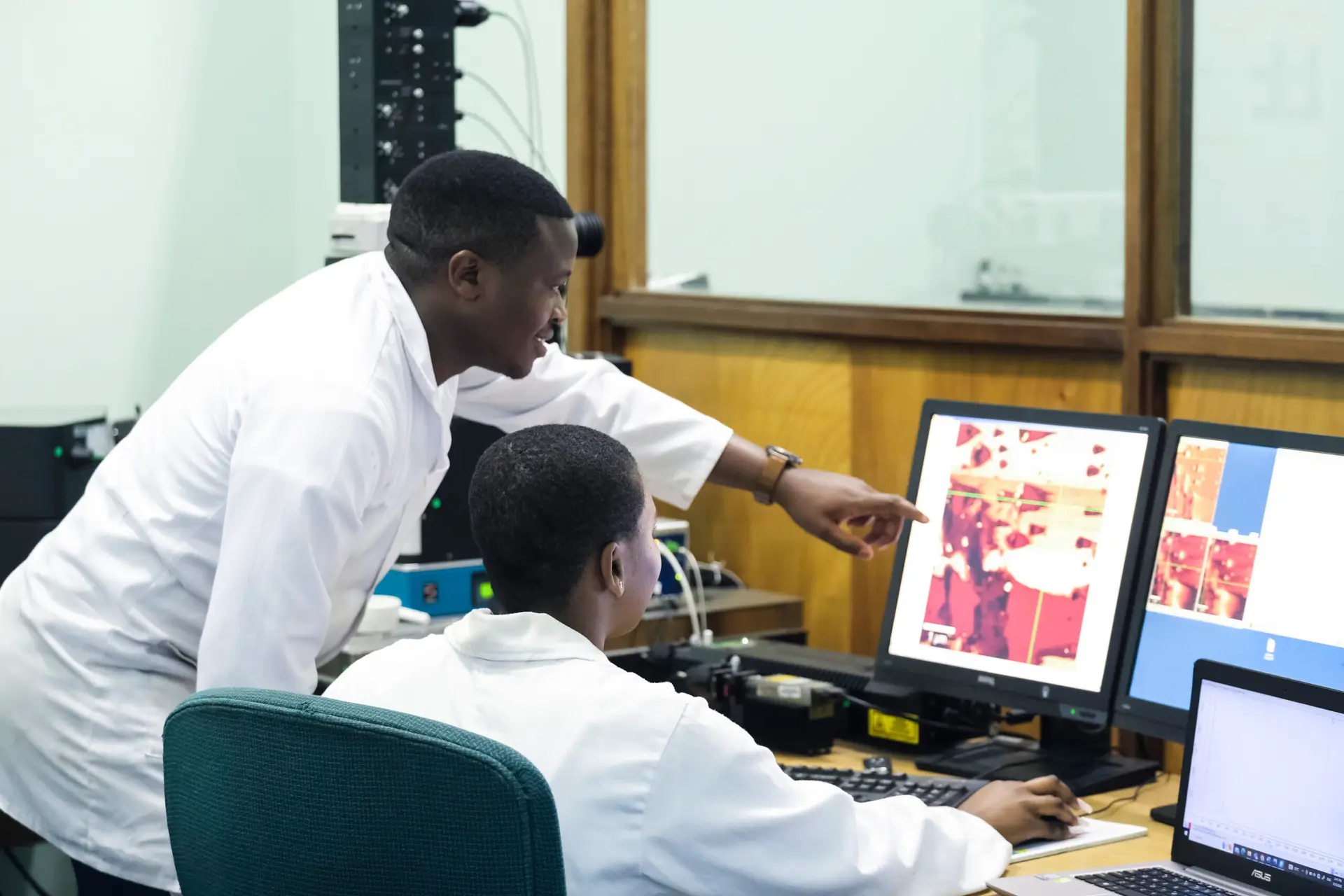
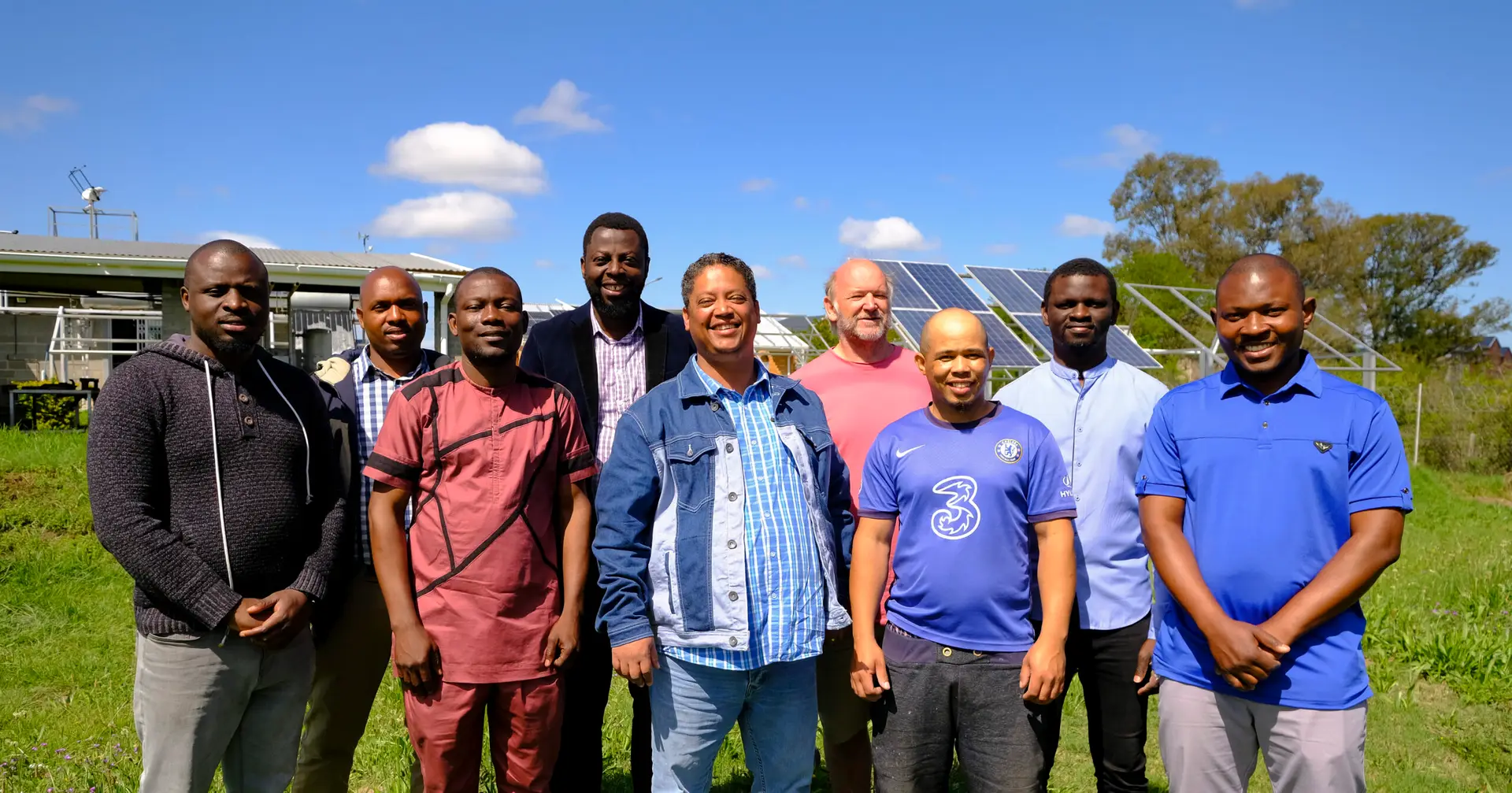


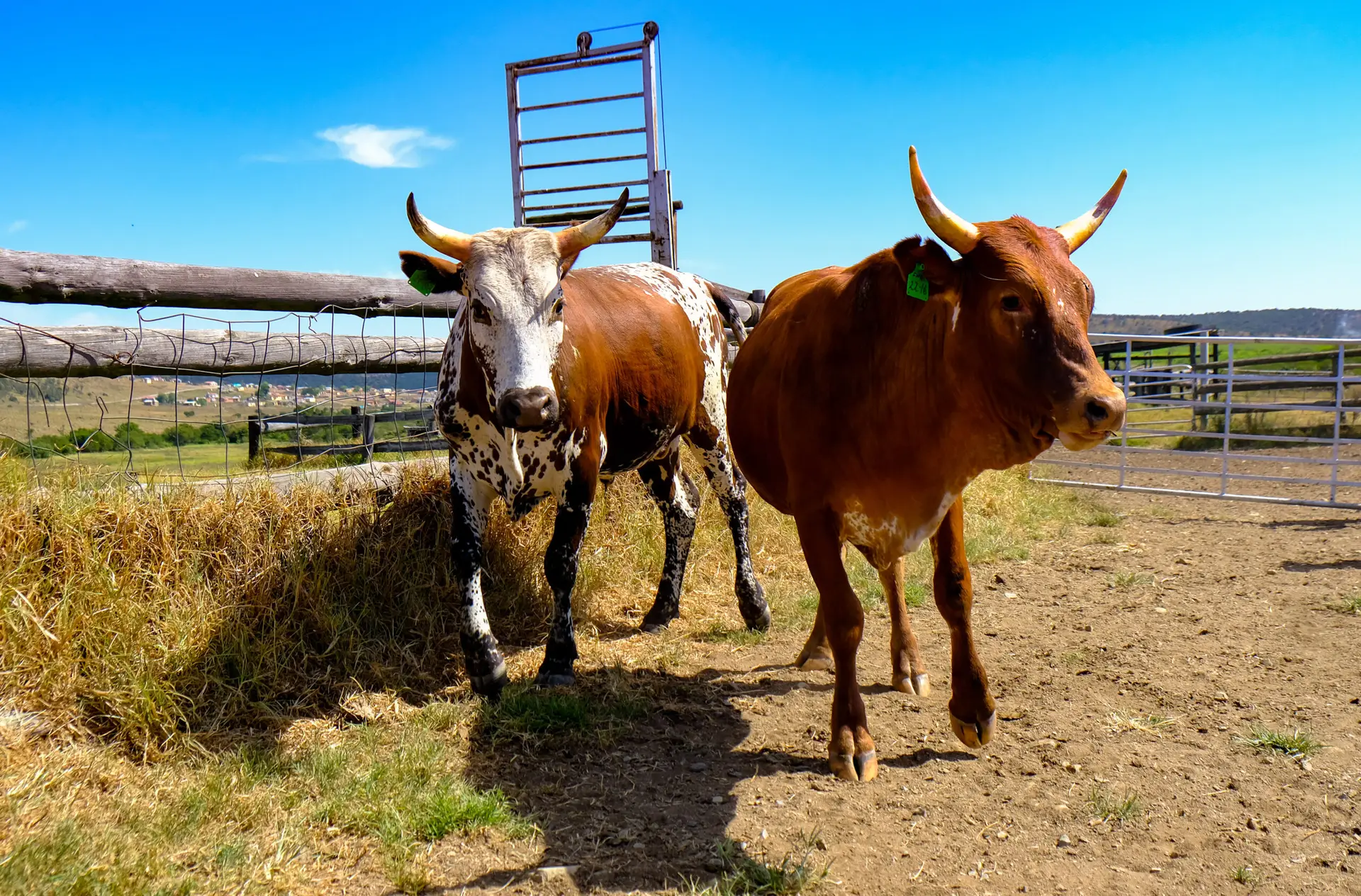
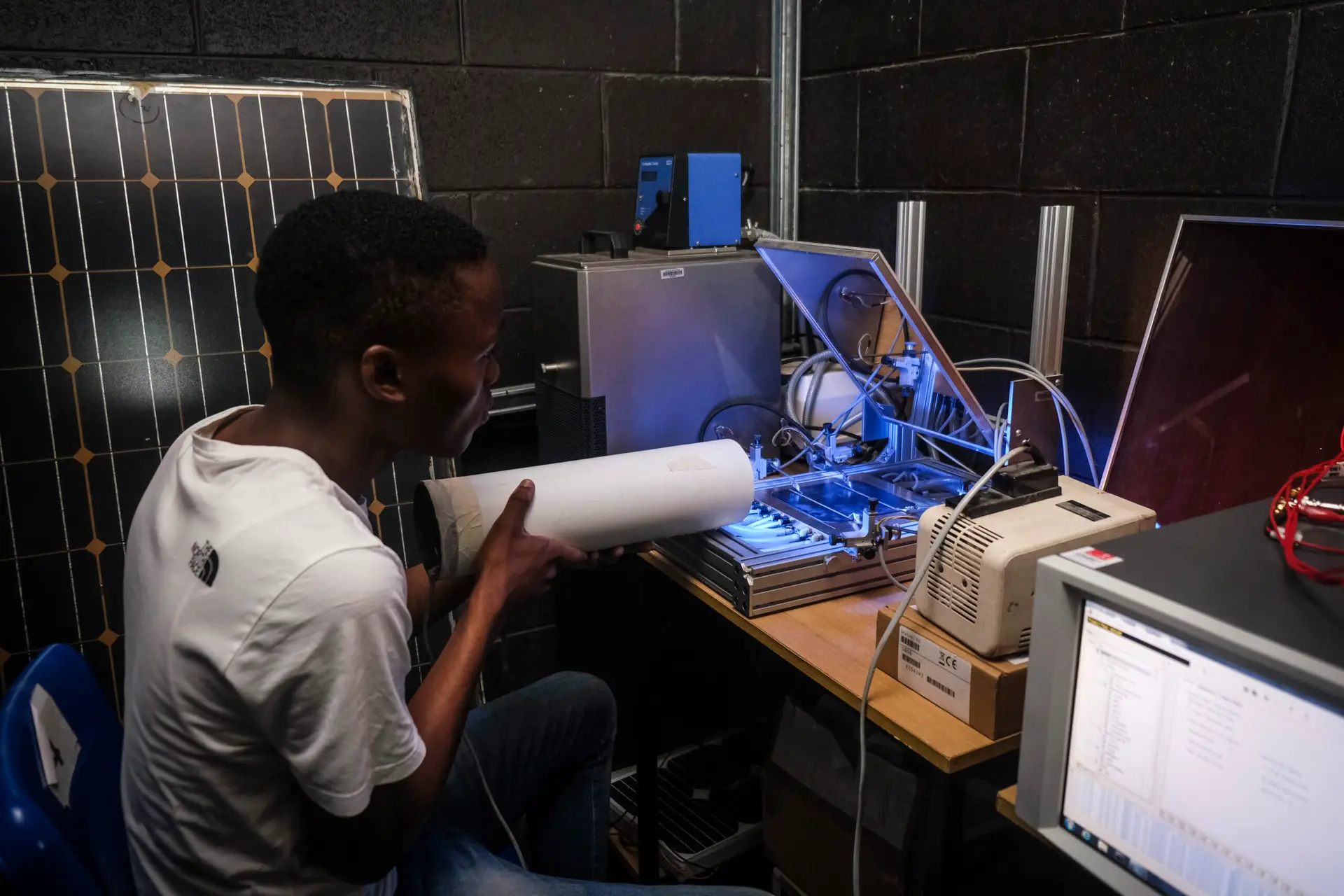

Contact Details
Faculty Manager
Assistant Faculty Managers
Assistant Manager (Science division)
Tel: +27 40 602 2341
E-mail: lsmit@ufh.ac.za
Ms P Mandila
Assistant Manager (Agriculture division)
Tel: +27 40 602 2508
E-mail: pmandila@ufh.ac.za

